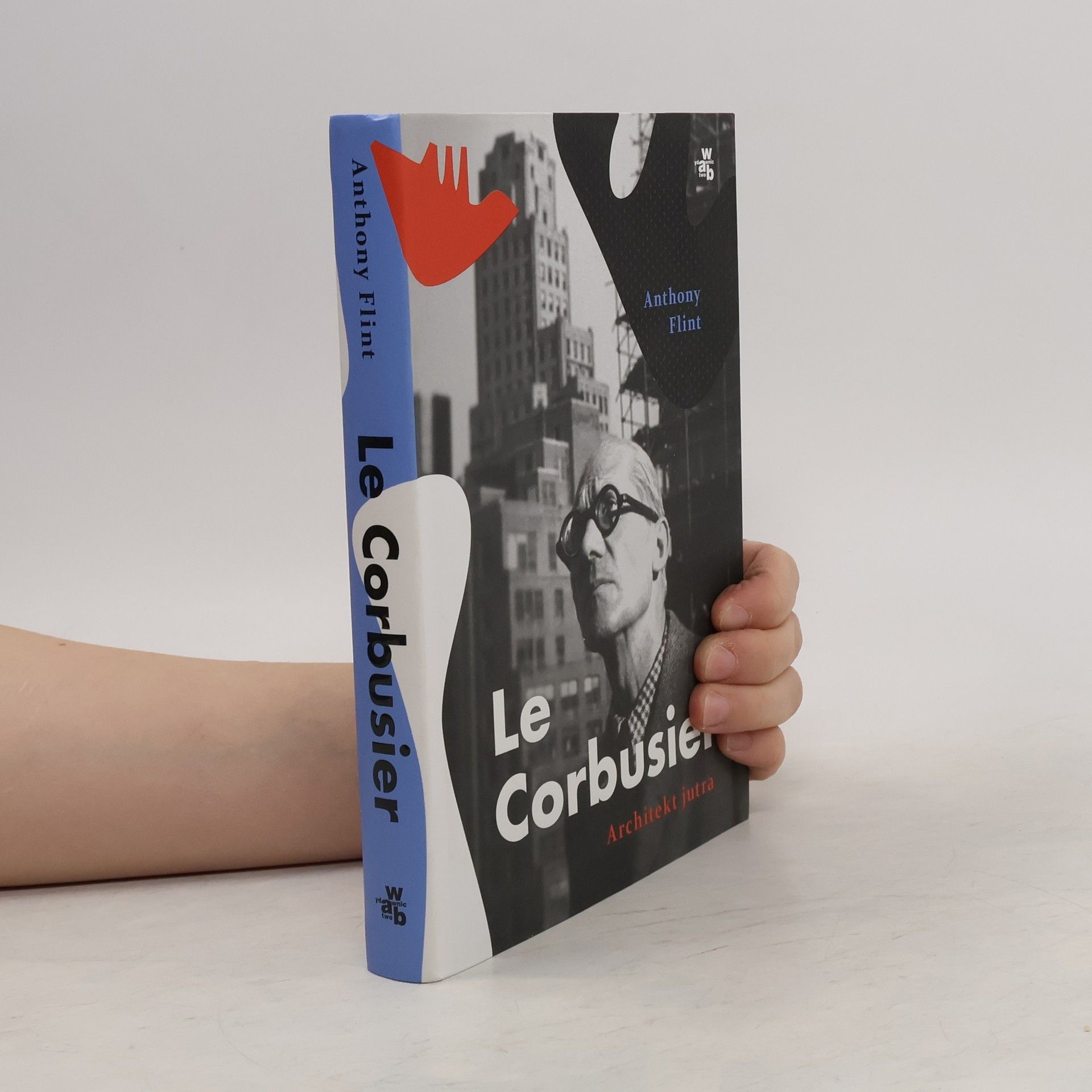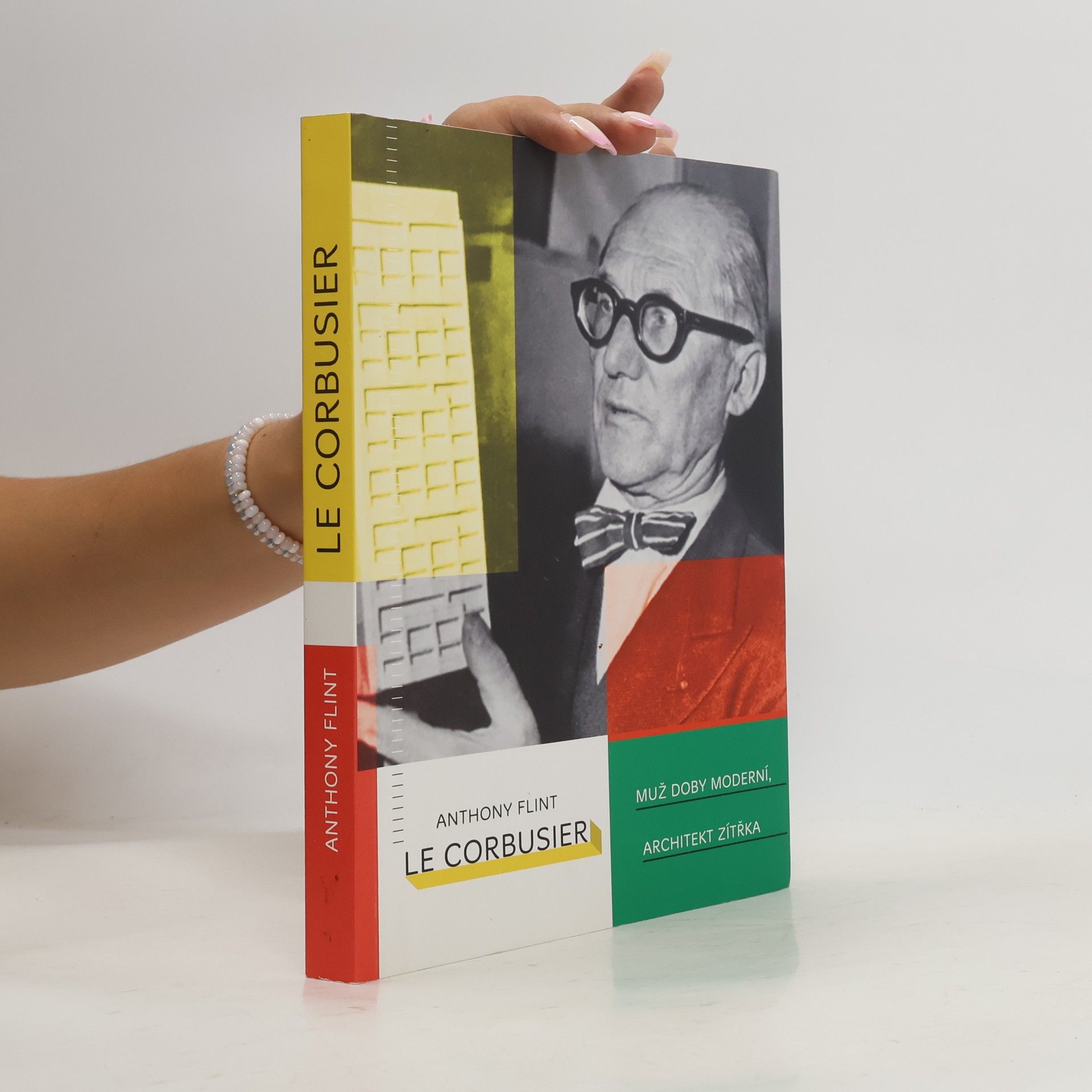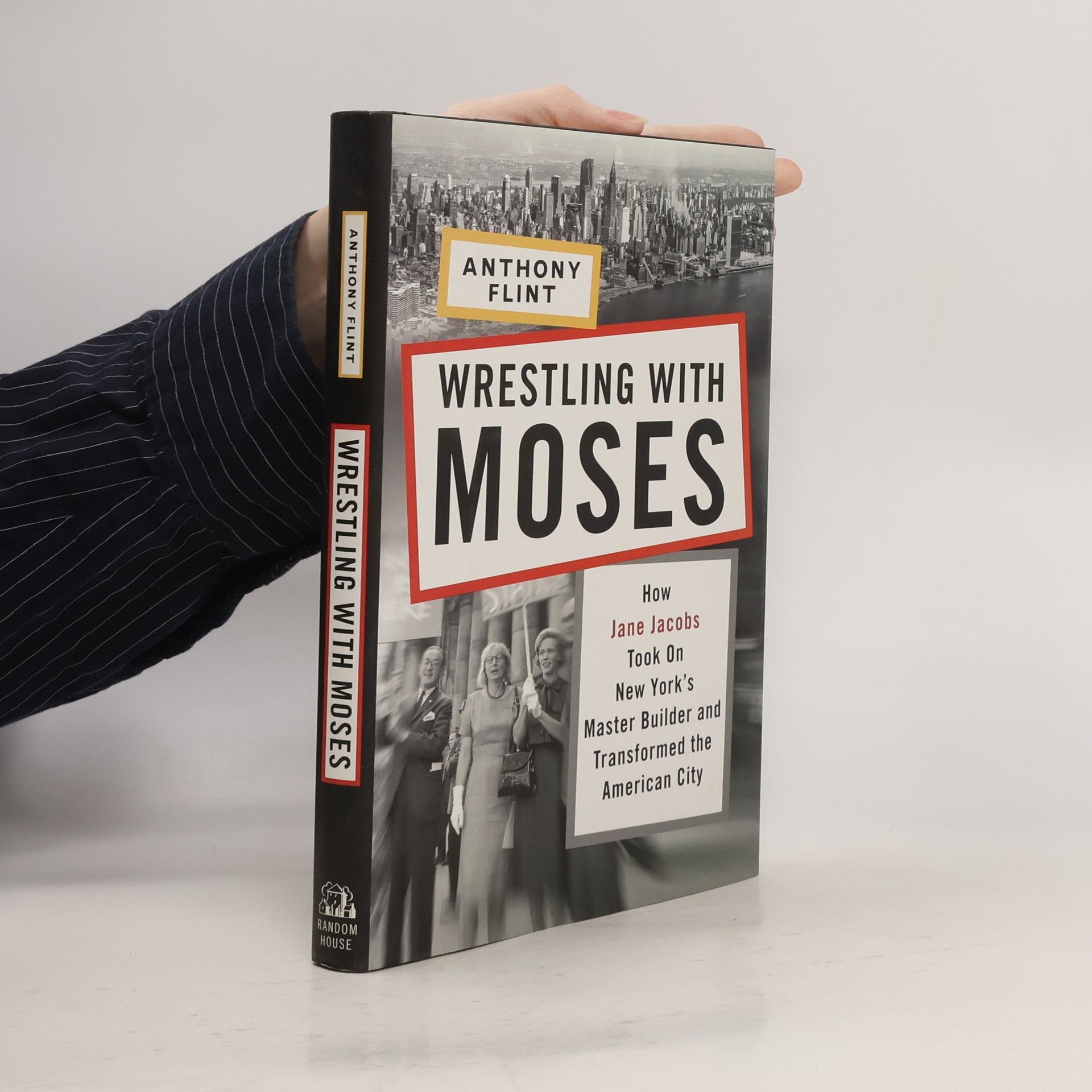To a young Jane Jacobs, Greenwich Village epitomized the ideal city neighborhood, with its cobblestone streets and vibrant diversity. Her deep affection for this community influenced her landmark work, The Death and Life of Great American Cities. However, power broker Robert Moses viewed neighborhoods like Greenwich Village as ripe for urban renewal, often at great human cost. His ambitious projects had never been thwarted by political leaders, making Jacobs's grassroots opposition particularly remarkable. The intense rivalry between Jacobs and Moses unfolded as they battled for the city's future, marking a pivotal moment in American history. In Wrestling with Moses, Anthony Flint chronicles this compelling David-and-Goliath narrative, highlighting the origins of a nationwide movement advocating for residents' rights in urban planning. Jacobs rallied public support and political influence to challenge Moses's plans, successfully opposing destructive projects like the Lower Manhattan Expressway, which threatened to displace countless families and businesses. This story resonates with the significance of local activism, illustrating how Jacobs's fight against Moses reshaped Americans' perceptions of urban life and inspired citizens nationwide to stand against harmful developments in their own neighborhoods.
Anthony Flint Boeken
Anthony Flint is een journalist met twintig jaar ervaring in het schrijven over architectuur, stadsplanning en duurzaamheid. Zijn werk verkent de spanning tussen stedelijke ontwikkeling en de visies van haar bewoners. Flint richt zich op hoe steden groeien en hoe we hun toekomst duurzamer en menselijker kunnen vormgeven. Zijn schrijven benadrukt vaak het belang van een op de gemeenschap gericht perspectief in stadsplanning.




In this collection of interviews, with an introduction by former New York City Mayor Michael Bloomberg, twenty mayors from five continents share their strategies for tackling global challenges at the local level. During a period dominated by racial unrest, the Covid pandemic, and the increasingly vivid impact of the climate crisis, these enterprising leaders have made their cities more healthy, functional, fiscally sound, and sustainable places to live and work. Mayor's Desk argues that local governments are the real engines of global change. Packed with full-color photography, it will inspire, educate, and surprise all who strive to influence the evolution of their cities.
Le Corbusier: Muž doby moderní, architekt zítřka
- 256bladzijden
- 9 uur lezen
Le Corbusier, muž s typickými černými kulatými brýlemi, je jednou z nejdiskutovanějších a nejrozporuplnějších osobností moderní doby. Obdivovateli bývá oslavován jako „otec“ moderní architektury, jako nejvýznamnější architekt dvacátého století, jenž změnil nejen to, jak a co se staví, ale hlavně jak se o architektuře uvažuje. Kritiky je naopak pokládán za ničitele měst, za fanatického člověka posedlého formou a zcela pomýlenými představami, jak lidé na architekturu reagují, jaké domy a města potřebují k harmonickému životu. Byl jedním z vůbec prvních hvězdných architektů, z nichž se stávaly celebrity, veřejně činní intelektuálové a vůdci hnutí usilující o velké změny. Byl rovněž průkopníkem sebepropagace, práce s veřejným míněním a cílevědomého šíření vlastních myšlenek. A v neposlední řadě také urputným bezskrupulózním člověkem, jenž ve své posedlosti stavět moderní města a měnit svět nepokrytě nadbíhal nacistickému i komunistickému režimu. Kniha Le Corbusier, muž doby moderní, architekt zítřka je obsáhlým a v českém jazyce prvním architektovým životopisem. Je určena nejen čtenářům, které fascinují složité osobní životy a velkolepé vize umělců a charismatických inovátorů, ale zejména těm, kteří přemýšlejí o moderní společnosti a architektuře pro 21. století.
Papież modernizmu. Człowiek, który zmienił XX wiek. Wielkie wizje, wielkie kontrowersje Życie, inspiracje, kompleksy i kobiety papieża modernizmu. Anthony Fint unaocznia czytelnikowi rozwój myśli Corbusiera poprzez kolejne realizacje jego projektów: poczynając od pierwszego, wygrawerowanego w wieku 14 lat zegarka, poprzez pracę dla braci Perretów, kontrowersyjny, rewolucyjny projekt przebudowy centrum Paryża – Plan Voisin – aż po ucieleśnienie idei „maszyny do mieszkania” – L'Unite d'Habitation, Jednostkę Mieszkaniową w Marsylii. Autor nie ucieka przy tym od kontrowersji wokół osoby architekta, dotyczących zarówno koncepcji społecznych i architektonicznych, jak i ciągot do faszyzmu i pozycji w rządzie Vichy w czasie wojny. Tak powstał wnikliwy portret psychologiczny geniusza, który nie skończył żadnej szkoły architektonicznej, a mimo to odcisnął swoje piętno na całej architekturze i urbanistyce XX wieku. Le Corbusier architekturą chciał zmieniać społeczeństwo i świat. Bez odniesienia do jego pięciu punktów nowoczesnej architektury w zasadzie nie istnieje żadna dyskusja o współczesnym budownictwie. Geniusz, wizjoner, bezwstydny oportunista. Biografia jednej z najbardziej niezwykłych postaci XX wieku.